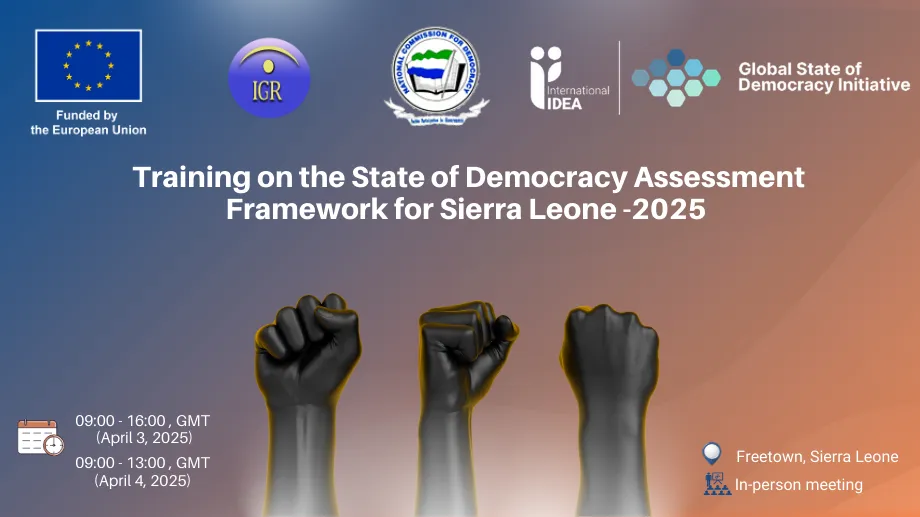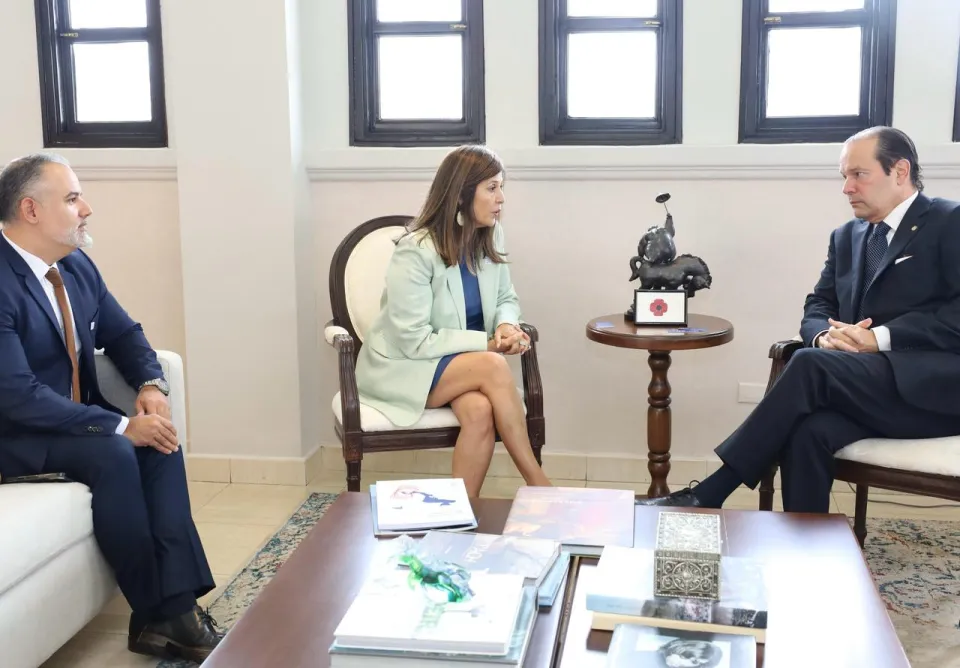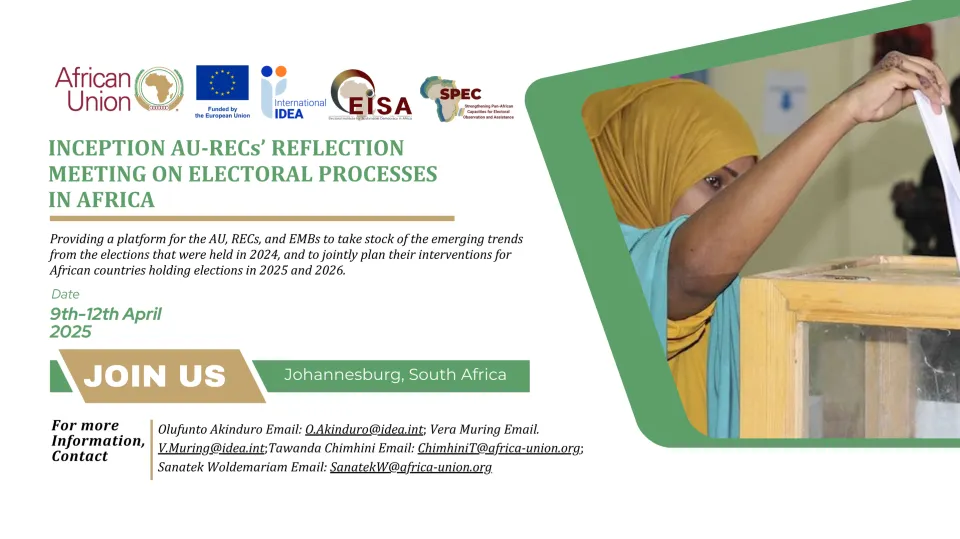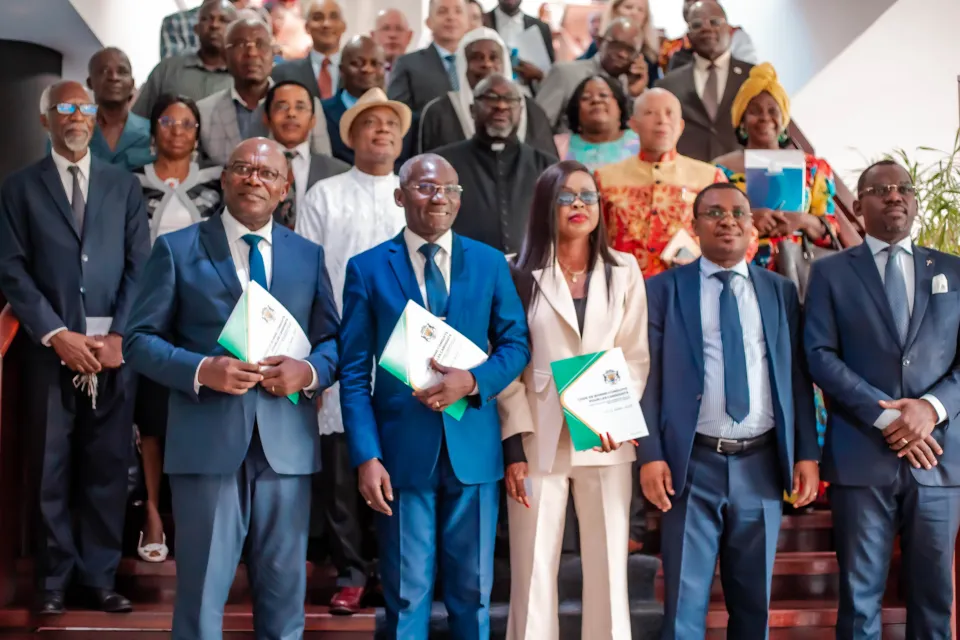BRIDGE releases updated Media and Elections module
There is an intricate relationship between well-conducted, democratic elections and a fluid and positive communication between electoral management bodies (EMBs) and the media. During elections, the EMB relies on the media to provide election news to the public, to conduct voter education and to provide access to electoral contestants to communicate their programmatic platforms. The media, in its turn, relies on the EMB to provide accurate and timely information on the electoral process to the public. This information also enables the media to act as a watchdog by ensuring that mistakes and possible transgressions are rectified. Despite this mutual dependence, relationships between EMBs and the media are often tense, due to their different roles and priorities.
The BRIDGE Media and Elections module addresses these issues. Used in more than 60 workshops worldwide, this module has recently been updated to reflect the changing media landscape. With a user-friendly structure and an array of updated and new activities and resources, the updated (Version 3) module now includes themes of social media, citizen journalism, fake news and money and politics.
BRIDGE, which stands for Building Resources in Democracy Governance and Elections, is a modular professional development programme that promotes principles of democracy and good electoral practice. Since 2001, BRIDGE workshops have been conducted over two thousand times in more than one hundred countries, with more than 15,000 participants. Other recently launched Version 3 modules include Voter Registration, Electoral Systems and Strategic Planning in Electoral Management, Operational Planning and Voting and Civic Education.
Version 3 of the Media and Elections module was developed in 2017-2018 by the BRIDGE partners and led by International IDEA.
The module begins with the meaning of media and media freedoms; with EMB roles in relation to the media; with media roles at different points in the electoral cycle; and with approaches to regulation of the media including the usage of Codes of Conduct.The module looks at ways the EMB and media can work together to ensure the inclusion of traditionally disadvantaged groups, including shared responses to voter and civic education.
A number of issues faced by EMBs when media cover elections are then covered in order to identify practical ways of negotiating and developing EMB-media relationships. These can be particularly sensitive when media are highly critical of EMB decisions or performance. "We designed this module to be highly customizable, useful for either media houses or election authorities . But more importantly, our goal was that this module serve as a platform where relationships and mutual understanding can grow ," says Natasha Ikners, contributor to the updated module.
The final sections of the module focus on practical skills such as how to ensure an active and positive online presence. “In broad terms participants in a Media and Elections BRIDGE workshop will understand how to build and maintain a professional relationship between the EMB and the media, understand the role of the media, the regulatory framework when working with the media as well as strategies for improving internal and external EMB communication. In practical terms participants will for example learn how to develop communication plans for their EMBs and learn techniques such as how to put together media kits and organize public events and press conference” says Virginia Beramendi, BRIDGE Accrediting Facilitator.
The module is available for accredited BRIDGE facilitators via the BRIDGE website. For more information please contact Erik Asplund or the BRIDGE office via their website.




